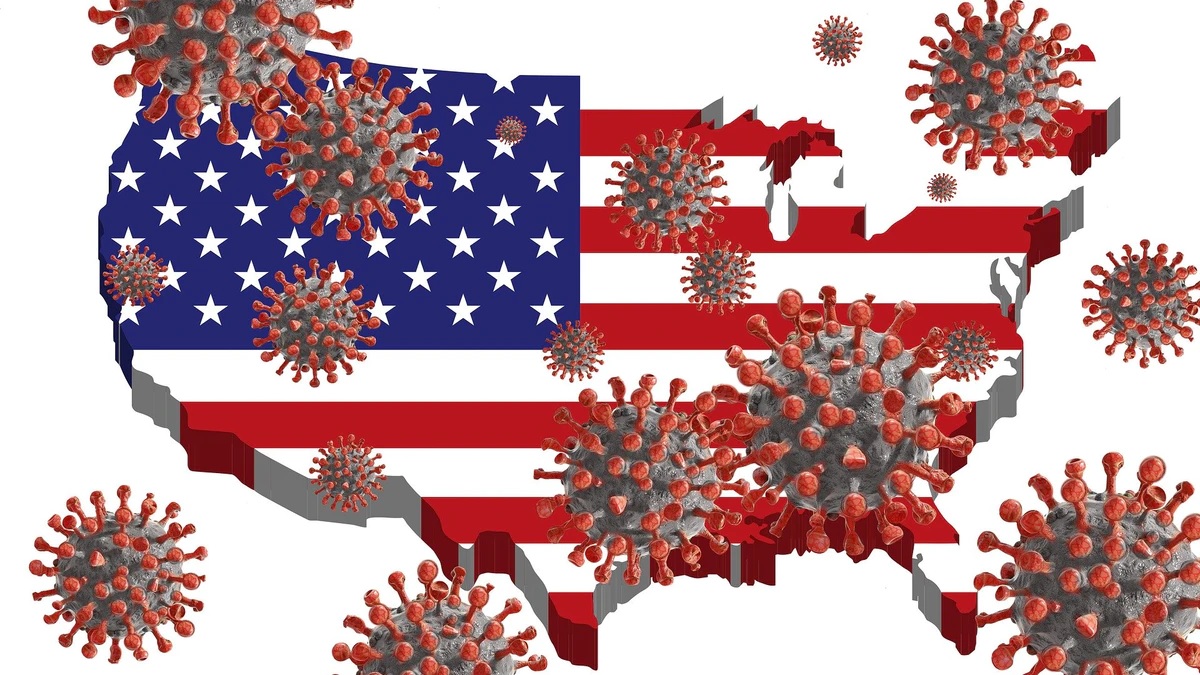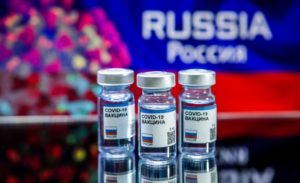Christopher Adolph, of the University of Washington (UW) in Seattle, is the lead author of the new study, which is part of the UW COVID-19 State Policy Project. He states:
“Wearing masks in public places is one of the easiest ways to reduce transmission of the coronavirus, and clear, consistent mandates are one of the best tools we have to get everyone to wear masks regularly. Our team has been tracking mask mandates covering indoor public spaces, where the risk of transmission is highest, and we wanted to know whether adoption was really as partisan as it seemed, or if there were other explanations.”
UW researchers tracked the status of mask mandates in all 50 states, including the timing of their enactment.
When the authors examined the data on August 13, 25 states required people to wear masks in both indoor and outdoor public spaces. In contrast, 14 states did not have a statewide mask mandate. The remaining 11 states had more limited mandates.
The data showed that U.S. states with Republican governors delayed the issuing of mask mandates by an average of 29.9 days compared with states with Democratic governors.
The research paper is available on the preprint server medRxiv and has not yet undergone peer review. The study received funding from the Center for Statistics and the Social Sciences at UW, as well as the Benificus Foundation.
As there is widespread agreement among medical experts that mask wearing helps prevent the spread of the SARS-CoV-2 virus that causes COVID-19, some countries have imposed nationwide mandatory mask wearing to help protect the health of their citizens. In the U.S., however, such decisions are left to individual states.
For the new study, Adolph and his colleagues analyzed several possible influences on the timing of mask-wearing orders. These included the number of COVID-19 cases and deaths in a state. The researchers also considered the average political affiliation of the state’s residents, as well as the party to which the state’s governor belongs.
Two other possible factors — the average education level of state residents and the percentage of people aged over 70 years — seemed to have no appreciable effect on mandates.
The team concluded that the governor’s partisan identification was the most significant driver for the timing of a state’s mask-wearing mandate.
The analysis revealed that Democratic governors were seven times more likely than their Republican counterparts to order mask wearing statewide. This was the case even when the governor identified with a different political party than the average state resident.
Emilia




